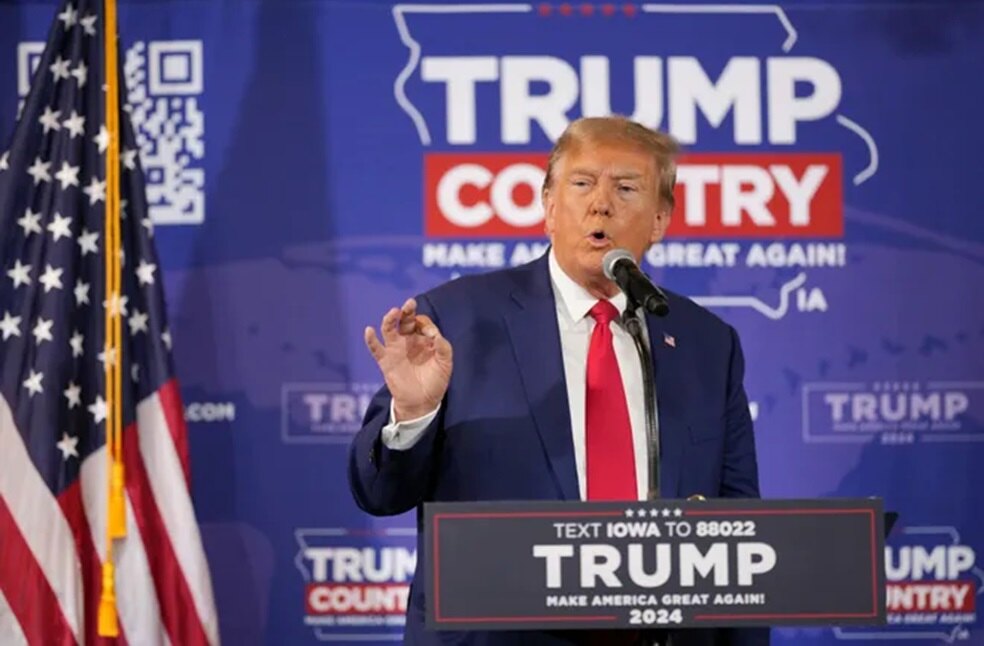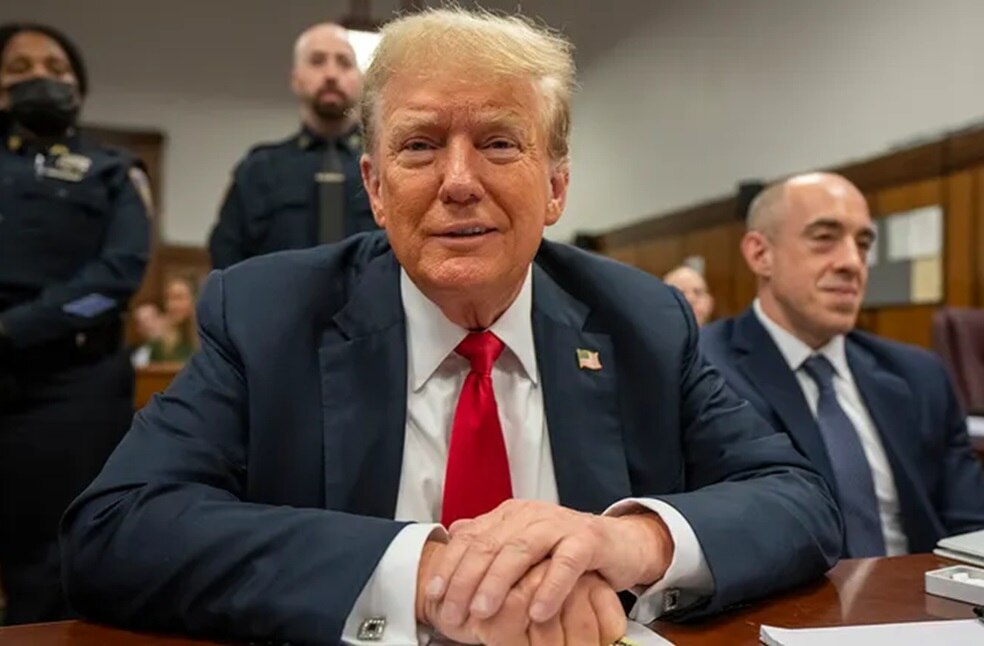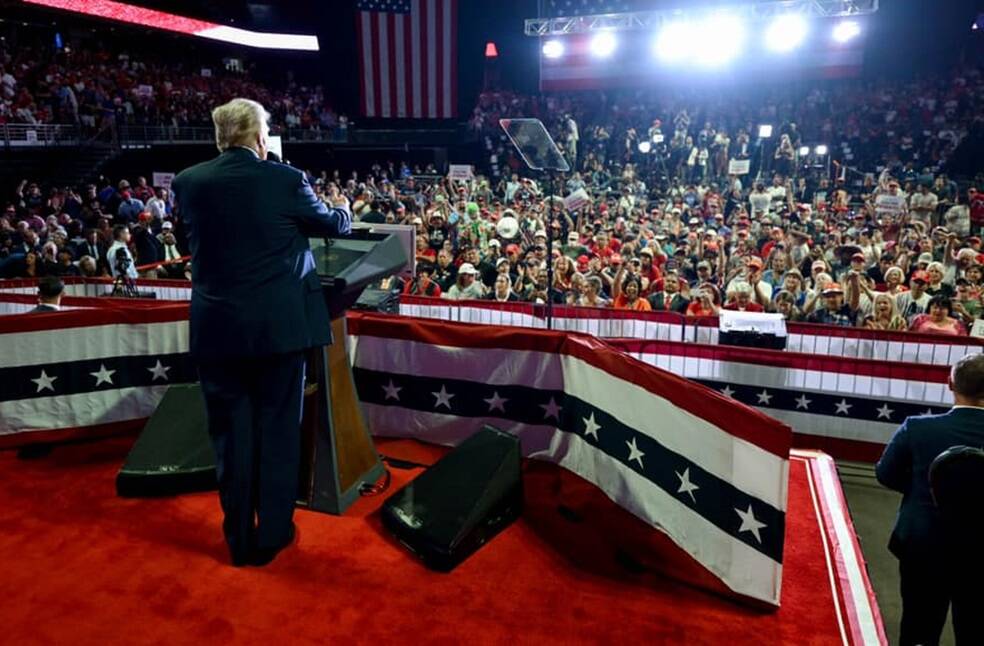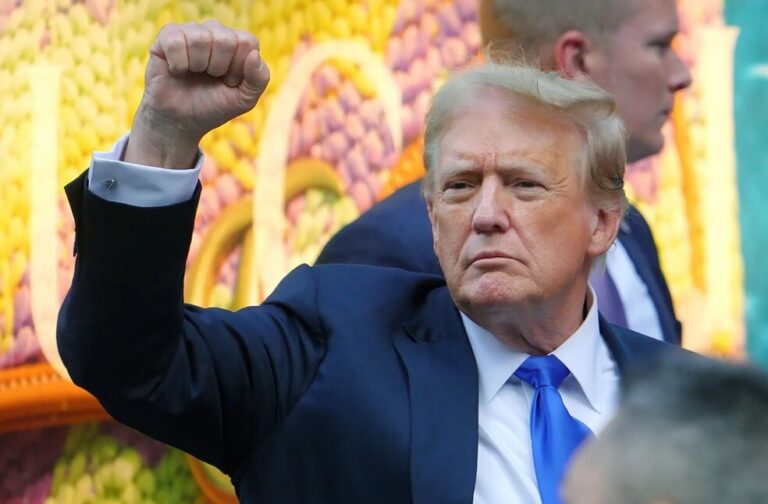WASHINGTON: In a historic decision, the US Supreme Court has ruled that former President Donald Trump cannot be prosecuted for actions within his constitutional powers as president. The verdict marks the first recognition of any form of presidential immunity from prosecution.
The 6-3 ruling, authored by Chief Justice John Roberts, overturned a lower court’s rejection of Trump’s claim to immunity from federal criminal charges related to his efforts to overturn the 2020 election results.
The decision saw all six conservative justices in favour, with the three liberal justices dissenting.

Trump, the Republican candidate for the upcoming US election in November 5, challenges incumbent President Joe Biden in a rematch of the 2020 election.
The Supreme Court’s slow handling of the case and its decision to return key questions about Trump’s immunity to the trial judge make it unlikely he will face trial before the election on these charges, which were brought by Special Counsel Jack Smith.
“We conclude that under our constitutional structure of separated powers, the nature of presidential power requires that a former president have some immunity from criminal prosecution for official acts during his tenure in office,” Chief Justice Roberts stated.

President Joe Biden criticised the ruling, calling it a ‘dangerous precedent’ that could place the presidency above the law. Biden raised concerns from his campaign that the ruling might enable Trump to pursue a path to dictatorship.
Trump celebrated the ruling in a social media post stating that, “BIG WIN FOR OUR CONSTITUTION AND DEMOCRACY. PROUD TO BE AN AMERICAN!”. The 78-year-old is the first former US president to be criminally prosecuted and convicted.
The court analysed four categories of conduct in the indictment: Trump’s discussions with Justice Department officials post-election; his alleged pressure on then-Vice President Mike Pence to block congressional certification of Biden’s victory; his role in assembling fake pro-Trump electors; and his actions related to the January 6, 2021, Capitol attack.

The ruling granted Trump much of what he sought but stopped short of providing absolute immunity for all official acts. The court specified that actions within the president’s ‘exclusive sphere of constitutional authority’ are shielded, while actions outside this sphere are ‘presumptively immune.’
The court found Trump absolutely immune to conversations with Justice Department officials and ‘presumptively immune’ to interactions with Pence but returned the other two categories to lower courts for further determination. The court’s conservative majority includes three justices appointed by Trump.



